SHARES

Surgery takes place when it becomes necessary to put the body under incision to treat underlying injuries or disorders. Although some surgeries may be more invasive than others, surgeries do place a toll on the body. Hence, a well-balanced post-operation nutrition becomes necessary to nurse the body back to health.
For post-operation nutrition, what are the best healing foods?
-
Protein
During digestion, protein breaks down to amino acid, which is the building block of lean tissue in the body. Lean sources of protein are most preferable. Recommended examples of animal proteins are poultry, fish, seafood, eggs, low fat-dairy products and other lean meats; meanwhile, plant proteins include soy products (tofu, tempeh), beans, lentils and nuts.
The body is in dire need to repair and rebuild itself after an operation. Hence, protein is crucial to speed up healing. Besides, amino acid strengthens the body by enhancing the immune system to fight infections and diseases. So proteins are important component in post-operation nutrition.
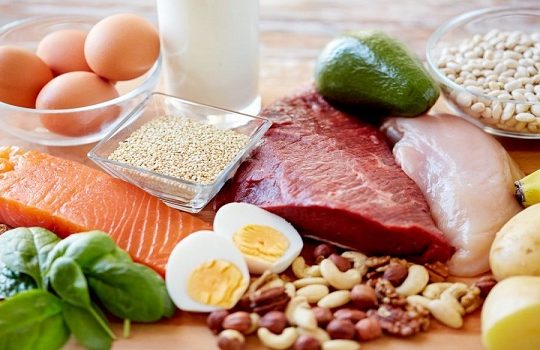
-
Carbohydrate
Carbohydrate provides glucose, which fuels the body. Complex carbohydrate is preferable over simple carbohydrate. Common examples of complex carbohydrate include whole grains, long-grain brown rice, wild rice, sweet potato, yam, peas, barley and oat. On the other hand, simple carbohydrate is found in refined sugar.
Complex carbohydrate is rich in vitamins, minerals and fibre that are lacking in simple carbohydrates. Vitamins and minerals boost the immune system. In addition to that, fibre helps to relieve constipation resulting from the aftermaths of an operation.
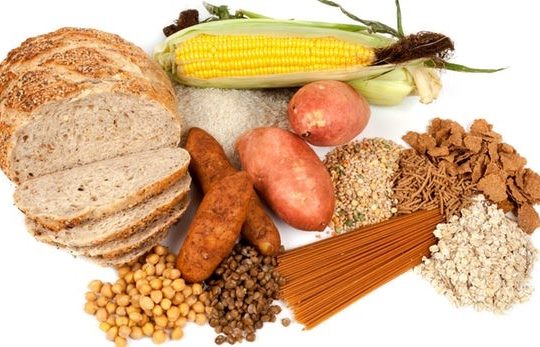
-
Vitamin C
Vitamin C is a water-soluble vitamin that has antioxidant effects to protect the body from harmful free radicals. This vitamin is present in fruits and vegetables. Those that are higher in vitamin C content include red bell peppers, citrus fruits and juices, berries, kiwi, papaya, broccoli and tomatoes.
Stress after a surgery can deplete vitamin C source. Interestingly, vitamin C helps cross-link collagen, a protein crucial for wound healing. Hence, it becomes imperative to consume enough through food or supplements.
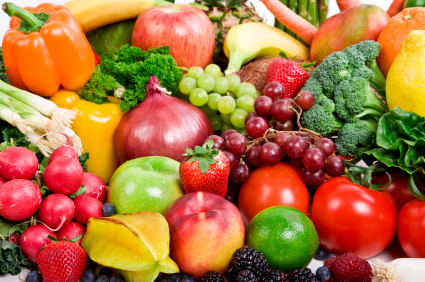
-
Zinc
Zinc maintains strong immune system. Food containing the highest zinc content are oysters, red meat and liver. Besides activating and developing the cells involved in immunity, zinc also helps to heal wound by stimulating protein synthesis and cell growth.
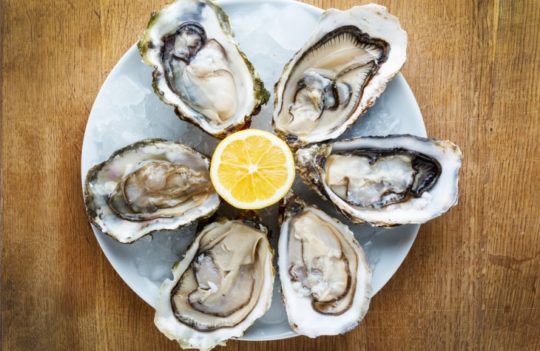
-
Iron
Iron is essential in optimizing haemoglobin content. Foods that are iron-rich include meat and poultry, beans, apricots, eggs, whole grain breads and iron-fortified cereals.
Sometimes, iron-rich food is recommended to ensure that there is sufficient haemoglobin prior to the surgery. Optimised haemoglobin level is necessary to account for blood loss during the procedure. As haemoglobin carries oxygen to tissues, enough haemoglobin would encourage cellular metabolism and wound healing.
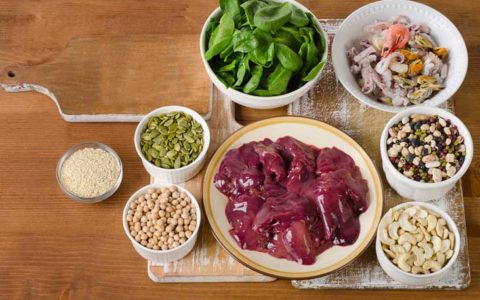
Conclusion:
Nutritionists strongly recommend a diet high in nutrition to support wound healing after a surgery. Should you have issues with your appetite, try having 5-6 small meals throughout the day instead. If necessary, it might be helpful to consult your healthcare professional for advice as to whether you should include supplements as part post-operation nutrition.
Find a General Surgeon in Malaysia, on GetDoc
Find a General Surgeon in Singapore, on GetDoc
by Joanne Lee
Multipotentialite. Loves creating and seeing ideas come alive. View all articles by Joanne Lee.





